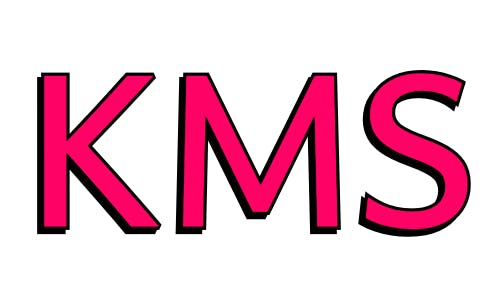M
Meister67
New member
Hello Everyone,
I am helping a "tech challenged" friend with upgrading his interface from a Scarlett to something better. It has been a while since I've looked deep into current interfaces, but after some research I thought a UAD Apollo twin or duo would suit his needs, and I think the ability to have plugins run on the hardware while tracking would limit latency issues. He gets a bit frustrated with the tech side of recording (latency, compatibility issues, etc.), so I am trying to limit any difficulties.
He went to order an Apollo today and the sales rep at Sweetwater told him that Apollos don't play well with AMD Ryzen chips. He has Ryzen 7 chip. I did some research and found that UAD is stating that customers are complaining of issues.
From a Dec of 2020 support post at UAD. AMD Ryzen CPUs and UAD-2 PCIe Compatibility – Universal Audio Support Home
My friend has USB 3.1 on his motherboard and would be good to go accept for this known problem. I live too far away to work through any issues, so I'm looking for any ideas on a similar interface that is similar quality. I am aware of RME of course, but I haven't looked at anything new in about 3 years since I made my last purchase. Do any other manufacturers have an at least two mic input interface that has onboard effects like the UAD? If not, other than RME, what brands are know currently to make good quality interfaces under $1,000?
Thank for any recommendations you might have.
I am helping a "tech challenged" friend with upgrading his interface from a Scarlett to something better. It has been a while since I've looked deep into current interfaces, but after some research I thought a UAD Apollo twin or duo would suit his needs, and I think the ability to have plugins run on the hardware while tracking would limit latency issues. He gets a bit frustrated with the tech side of recording (latency, compatibility issues, etc.), so I am trying to limit any difficulties.
He went to order an Apollo today and the sales rep at Sweetwater told him that Apollos don't play well with AMD Ryzen chips. He has Ryzen 7 chip. I did some research and found that UAD is stating that customers are complaining of issues.
From a Dec of 2020 support post at UAD. AMD Ryzen CPUs and UAD-2 PCIe Compatibility – Universal Audio Support Home
My friend has USB 3.1 on his motherboard and would be good to go accept for this known problem. I live too far away to work through any issues, so I'm looking for any ideas on a similar interface that is similar quality. I am aware of RME of course, but I haven't looked at anything new in about 3 years since I made my last purchase. Do any other manufacturers have an at least two mic input interface that has onboard effects like the UAD? If not, other than RME, what brands are know currently to make good quality interfaces under $1,000?
Thank for any recommendations you might have.

